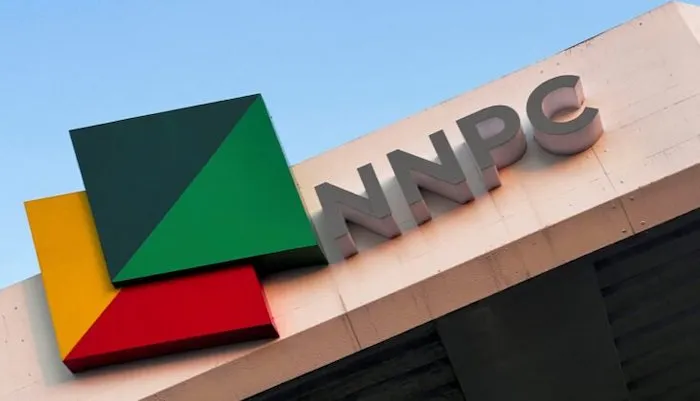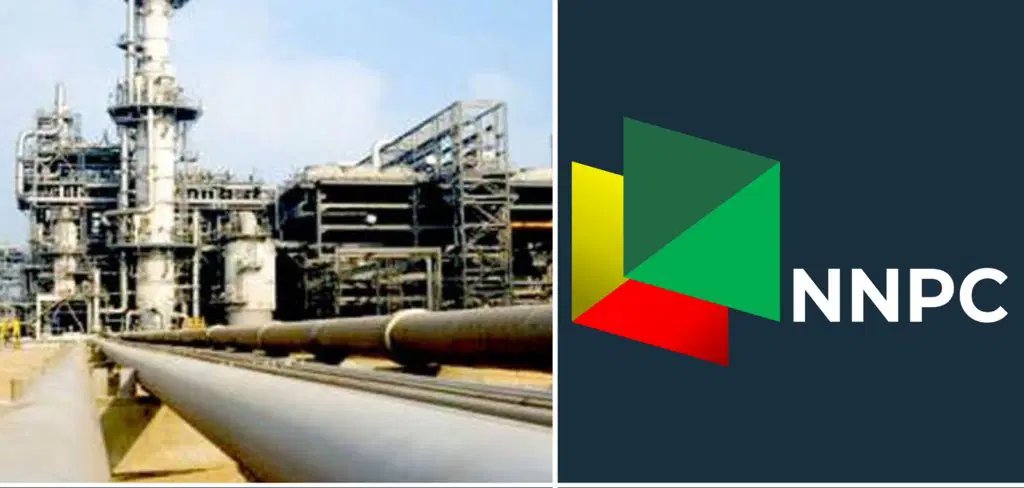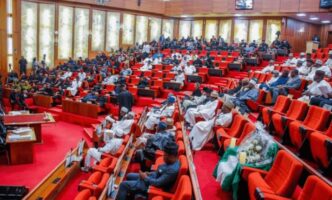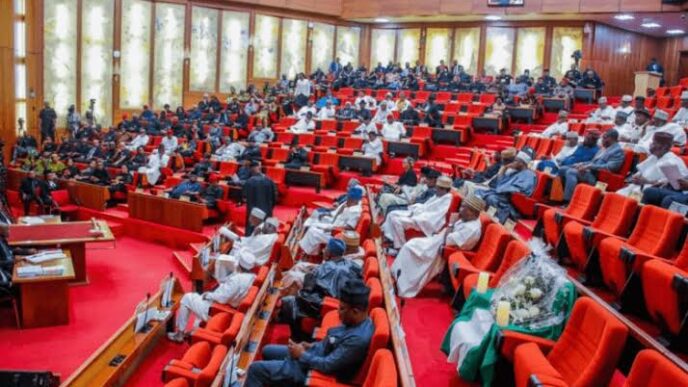The Nigerian National Petroleum Company (NNPC) Limited has announced a reduction in the pump price of Premium Motor Spirit (PMS), commonly known as petrol.
The price has dropped from N935 to N910 per litre in Abuja.
This move, seen as part of ongoing efforts to relieve the burden on consumers, has not yet taken effect in Lagos and several other cities across the country.
However, industry watchers believe it signals a significant shift in Nigeria’s fuel pricing structure, driven largely by growing competition in the sector.
Meanwhile, the Dangote Petroleum Refinery, known for its aggressive pricing strategies, has also slashed its gantry price.
Over the weekend, the refinery reduced the price from N835 to N825 per litre, offering bulk marketers better deals and keeping competitors on their toes.
According to Petroleumprice.ng, “With control over more than 50% of Nigeria’s fuel market, Dangote recently dropped its petrol price to ₦825 per litre.

While the refinery hasn’t officially announced this, sources say it offers flexible deals to its bulk marketers, who now resell at ₦830 or slightly lower.”
“Dangote’s model has closed the price gap by ₦10 to ₦15, applying significant pressure on competitors,” the report continued.
This is not the first time Dangote has lowered its rates.
Last month, the refinery brought the price down from N865 to N835, showing a consistent drive to make petrol more affordable.
This strategy appears aimed at expanding its market dominance while offering a form of relief to consumers.
A source from the industry noted, “Nigeria’s fuel market is undergoing a transformation. Crude prices play a minimal role, while local strategies now dominate.”
Moreover, the recent NNPC price drop complements these efforts and hints at a broader shift in market control.
The NNPC’s reduction will no doubt give citizens in Abuja some relief, especially given the high cost of living.
“Dangote’s growing market share stems from aggressive pricing and operational efficiency.
Although consumers benefit in the short term, long-term effects may alter the country’s fuel supply landscape.
As the price war continues, Dangote’s influence will likely expand, further straining smaller players,” Petroleumprice.ng added.
Furthermore, the government’s deregulation policy may have also encouraged these price cuts.













